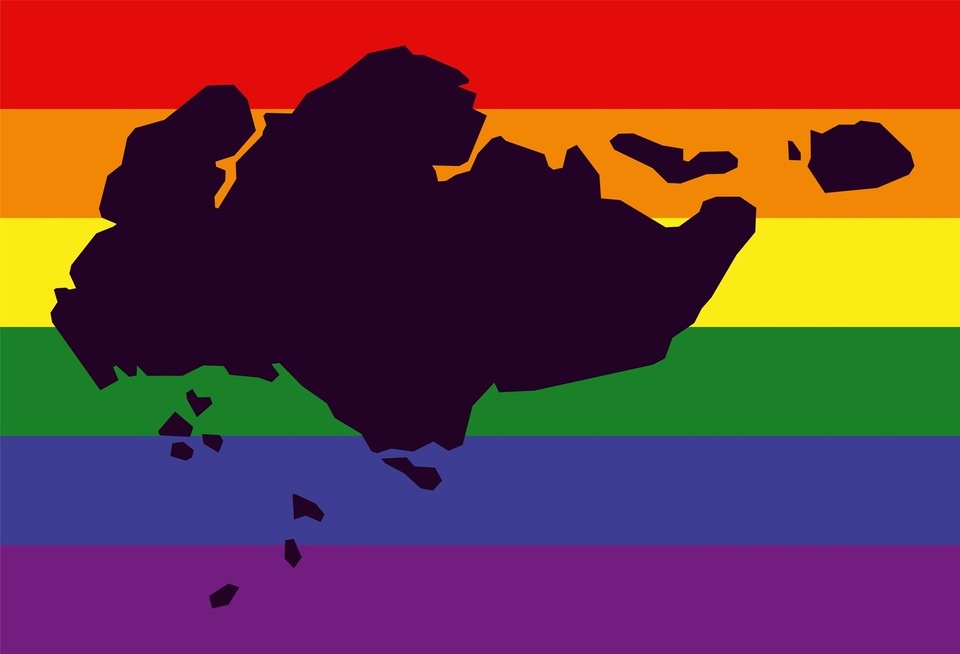Equality advocates in Singapore expressed disappointment with the country's highest court refusing to overturn a law criminalizing gay sex on the grounds that the law is never enforced. The advocates say the real problem isn't the colonial-era law itself, which is know as Section 377A, but the discrimination it implicitly endorses. The New York Times noted, "A similar law imposed by British colonial rulers in India — and known there as 377 — was struck down by the Indian Supreme Court in 2018, inspiring activists to challenge the law in Singapore and other former British colonies." But the Singapore Court of Appeals turned the case aside with an argument that "that three men who brought challenges did not have legal standing because the government has pledged not to enforce the colonial-era law," the Times detailed. LGBTQ+ advocacy organization Pink Dot SG said in a statement that the court's reasoning was "cold comfort," UK newspaper the Independent reported. "Section 377A's real impact lies in how it perpetuates discrimination across every aspect of life: at home, in schools, in the workplace, in our media, and even access to vital services like health care," Pink Dot SG said. Tap link in bio to continue on @EDGEmedianetwork ?️????? ?️: Kilian Melloy / @dragelruairi ?: Getty

Equality advocates in Singapore expressed disappointment with the country's highest court refusing to overturn a law criminalizing gay sex on the grounds that the law is never enforced. The advocates say the real problem isn't the colonial-era law itself, which is know as Section 377A, but the discrimination it implicitly endorses. The New York Times noted, "A similar law imposed by British colonial rulers in India — and known there as 377 — was struck down by the Indian Supreme Court in 2018, inspiring activists to challenge the law in Singapore and other former British colonies." But the Singapore Court of Appeals turned the case aside with an argument that "that three men who brought challenges did not have legal standing because the government has pledged not to enforce the colonial-era law," the Times detailed. LGBTQ+ advocacy organization Pink Dot SG said in a statement that the court's reasoning was "cold comfort," UK newspaper the Independent reported. "Section 377A's real impact lies in how it perpetuates discrimination across every aspect of life: at home, in schools, in the workplace, in our media, and even access to vital services like health care," Pink Dot SG said.
Tap link in bio to continue on @EDGEmedianetwork
?️?????
?️: Kilian Melloy / @dragelruairi
?: Getty
Tap link in bio to continue on @EDGEmedianetwork
?️?????
?️: Kilian Melloy / @dragelruairi
?: Getty
Original Source
🔗
View Original Post
